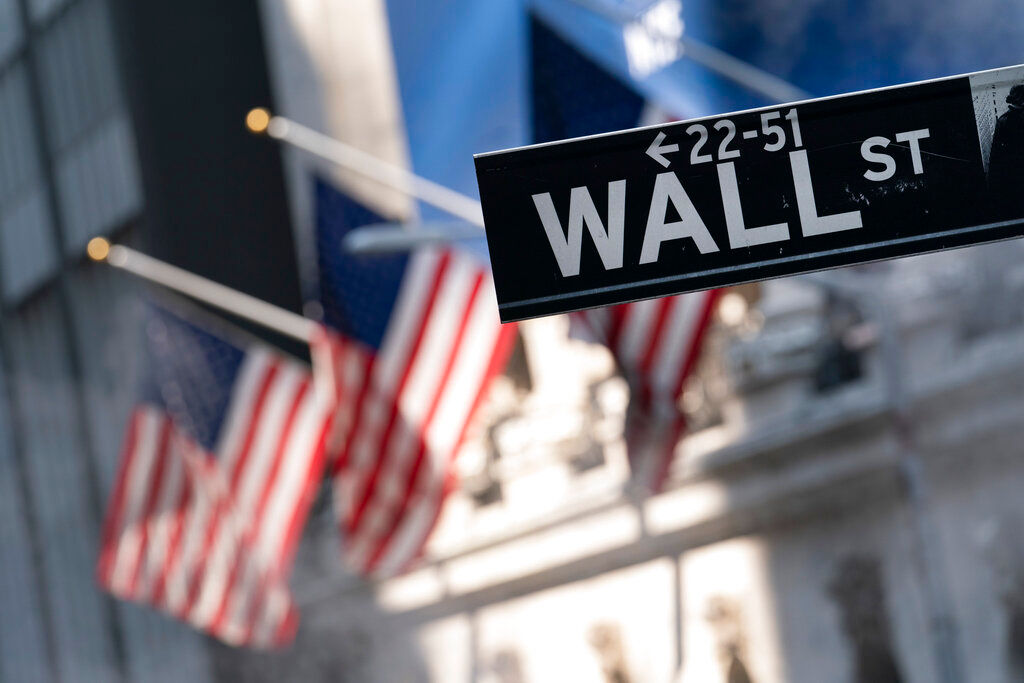Stocks turned higher in afternoon trading on Wall Street Tuesday after a directionless morning as investors continue to struggle to predict how well the economy will weather the current bout of inflation as well as the Federal Reserve’s medicine for healing it, higher interest rates.
The S&P 500 rose 0.8% as of 2:08 p.m. Eastern. The Dow Jones Industrial Average rose 368 points, or 1.1%, to 35,457 and the Nasdaq rose 1.1%.
Also Read: Peloton CEO John Foley steps down as company cuts 3,000 jobs
Smaller company stocks outpaced the broader market in a potential sign that investors are optimistic about economic growth. The Russell 2000 rose 1.3%.
Bond yields rose. The yield on the 10-year Treasury note rose to 1.95%, its highest level since before the pandemic began. The yield, which is used to set interest rates on mortgages and many other kinds of loans, traded at 1.91% late Monday
Banks, which benefit from higher interest rates and rising bond yields, made solid gains. Bank of America rose 1.9%. Raw materials companies, including steelmakers and paper producers, also gained ground.
Also Read: Web3 platform Polygon raises $450 million from Sequoia, SoftBank and others
Technology companies rose broadly and helped lift the broader market. Apple rose 1.8%.
Chipmaker Nvidia rose 0.5% after shaking off an early loss following its announcement that it terminated its plan to buy chip designer Arm from Softbank.
The price of U.S. crude oil fell 1.5% and weighed down energy stocks. Chevron fell 1.5%.
Also Read: Airtel Q3 results: Net profit falls 3% to Rs 830 crore, ARPU improves to Rs 163
Peloton jumped 26.9% after announcing a corporate shake-up that included the resignation of its co-founder as CEO and big job cuts.
Investors continued reviewing the latest corporate earnings with mixed reactions. Pfizer fell 3.5% after giving Wall Street a discouraging profit and revenue forecast. Harley-Davidson jumped 15% after reporting a surprising fourth-quarter profit.
The mostly muted trading so far this week follows weeks of volatility for major indexes. Rising inflation and the Fed’s plan to raise interest rates to fight it have been key concerns for investors. Any increase in rates would mark an abrupt turnaround from much of the last two years, when ultra-low rates helped prices surge for everything from stocks to cryptocurrencies.
“We’re in a bit of a holding pattern right now,” said Ross Mayfield, investment strategy analyst at Baird. “A lot of the near-term indigestion is priced in.”
The latest report on consumer prices from the Labor Department on Thursday will give Wall Street another update on just how much inflation is hitting consumers’ wallets. Economists expect a 7.3% rise in inflation in January, which would show that inflation remains at its highest levels in four decades. That could add to concerns over how often the Fed moves to raise rates this year.







